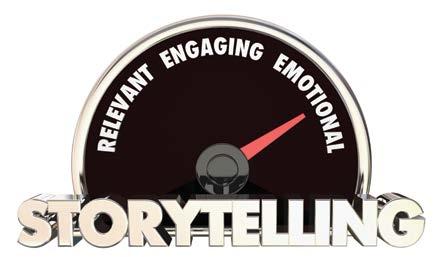COMMUNICATING
“Quotes and Misquotes”
Indeed, it is remarkable to discover how many commonplace quotes and phrases that are taken for granted are misquotes or have been incorrectly attributed or are bogus or just flights of fancy.
When using someone else’s words, however famous they may be, in the overwhelming majority of cases it is important to give proper attribution. As a rule, correctly sourcing and crediting a quote isn’t too difficult. But, to coin a phrase, it can be a task full of traps and pitfalls for the unwary. Merely because a saying or a quote is written in a book or found online or has become a familiar part of the lexicon, does not mean it has been accurately quoted or properly attributed and has not been plagiarized.
To “gild the lily” is a phrase wrongly attributed to Shakespeare. In The Life and Death of King John, the line from which the “quote” is taken is found in Act 4 Scene 2 of the play, when the Earl of Salisbury remarks, “To gild refined gold, to paint the lily…is wasteful and ridiculous.”
©iStockphoto.com/yuriz
For instance, the great Roman orator and lawyer, Marcus Tullius Cicero, was widely renowned for his use of literary allusions and quotations in his speeches and writings.1
its 18th edition). Today, most people turn to Professor Google to seek out appropriate aphorisms, witticisms, and quotes.
©iStockphoto.com/Crisfotolux
A
uthors and public speakers have long since sought out and relied upon the words and ideas of others to augment and embellish their verbal and written presentations.
Peter Zablud, AM, RFD
In more recent times, until the advent of the Internet, tools of trade for most writers and speakers have included books of quotations such as Bartlett’s Familiar Quotations (now in 1 See, e.g., ML Clarke, “Ciceronian Oratory,” Greece & Rome [1945] (14), 72
38
TABLE OF CONTENTS
Cicero
BC Notaries Association
Volume 29 Number 4 Winter 2020




























